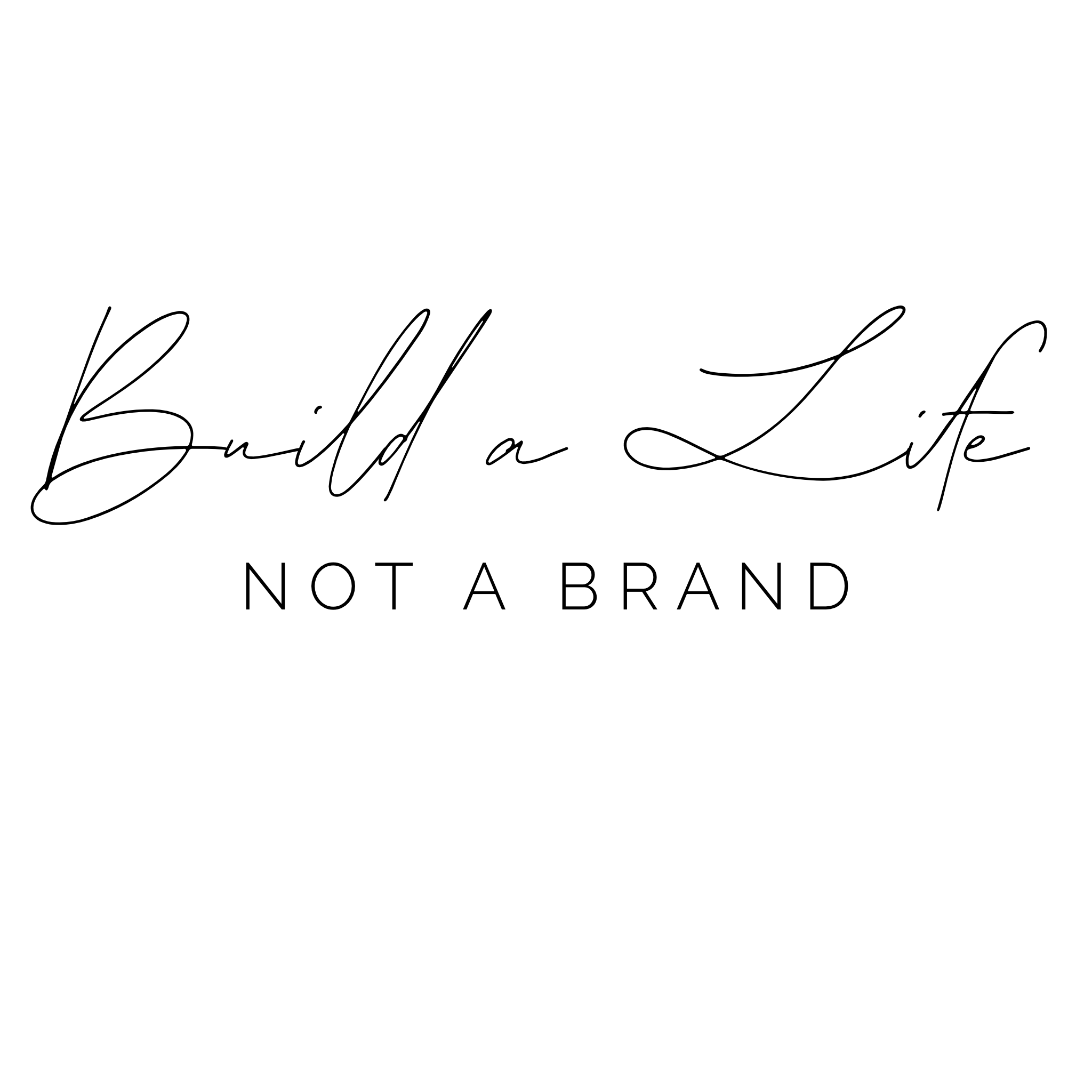un·dis·tract·ed - able to concentrate fully on something; not distracted.
usedopamine.com advertisement -
”Our platform uses AI and neuroscience to personalize moments of joy in your app. It adapts the rhythm and timing of 💥s (dopamine hits) to surprise and hook each user. They’ll stay longer and engage more. Up to 167% more.”
Our beautiful human design is being studied & monetized. How do we take back our mind and learn to protect this very important part of our humanity?
Grab a cup of hot tea and settle in for this read. I even challenge you to set aside any distractions and take in this content deeply and fully focused.
We've all been here, picking up our phone to put a dentist date in the calendar, but wait, a text.
Read: "School is closed tomorrow due to icy weather".
Text husband "kids are out tomorrow, adjust work".
Group texts begin, "Check school social media, guys".
Open instagram for school account, "But wait. I want to make those delicious-looking nachos tonight for dinner! No, even better, I want to ORDER that lasagna for dinner." Click, swipe. Dinner done. Scroll some more, "Oh my gosh, my nephew got married and I didn't know?!" Text sister, "He's married?" Ok, what was I looking for again? Oh yeah, school social. Yep, school is canceled.
...dentist appt. never made ;)
2 days later. Oh yeah, I need to make a dentist appt. When? Open calendar...repeat.
Using research-based tools for digital flourishing we are going to look at why our minds are so scattered right now and how to make steps toward a healthier brain.
.
.
I was speaking at a digital wellness training last weekend when I was asked a question by a college intern. "How can I take time for myself and my mental health if I need to be available at all times for my colleagues to contact me? We're working on very important projects and they need to get ahold of me at all hours of the day and night. I can't be away from my phone." This is actually a very common conundrum and I have this conversation often. Parents away from kids, spouses and partners away from one another, suicidal friends at risk, work, school, travel, co-parenting, family members battling illness, hospital calls,... This is a reality for so many of us.
We. Can't. Be. Away. From. Our. Phones.
But statistically, most of the time we're not contacting people on our phones. (You can see on your screen-time settings, what you use your phone for most.) Many times we use it for other purposes, but we are neurologically attached relationally to keep it with us at all times.
I recently noticed a new trend. Many of us apologize now when we read a text and reply later than when it came in. Like we're actually on the timetable of someone else's life.
"Oh, I'm sorry I'm just seeing this. Yes, I have a dress you can borrow."
"Sorry, I didn't see your message until just now. That is so funny what he said to you!"
Or, when we're living our moment, whether it's cooking dinner, working, or talking to the kids, and a text comes in, our life stops and we pick up someone else's schedule that they are on, while ours takes a back seat.
Actually evaluating the important disruptions that we should tend to vs. the distracting disruptions that can be set aside for the time being is valuable work. When we can move toward healthy limits with our phones our brains will thank us.
Boundaries do not mean we are weak,
they mean we are strong, smart & healthy.
From our January email Building a Life, Not a Brand...
Your mind ✓ When building a life, you're living from a quiet mind that is firmly rooted in who you are, and your belonging. Everything on and off your phone flows from that security. When building a brand, you're living from a place of needing affirmation and engagement to bring self-fulfillment.
Our minds are starving for silence and we don't even know it because our world is so noisy, fast, and full of everyone and everything we want, right at the swipe of a thumb. (Fun fact: even your thumb swipe is being studied, down to the very things you slow down on while you're scrolling through social media. So, as the algorithms learn you - what you want to keep seeing, what images and links to put in front of you, predicting you - you're actually unlearning yourself.)
Why do we need to make space for silence when we can have it all?
pinterest.com
I'm grateful to have sound resources available for us as we walk this road to digital well-being for our mental health. Here are some that hopefully can help you and your families along the way (more links below):
.
Step one. Make 3 stress resiliency deposits in your day. You can choose some from this list. We had a LOT of daily walks and daily prayers last year in our home. These deposits prove to lower your stress by raising your stress threshold and quieting your mind daily.
Step Two. Implement times when you are not on your phone's time. This will eliminate multi-tasking and clear space for you and what is important to you.
Do Not Disturb on my phone settings. I use this often when I'm deep in work, relational connection, and before bedtime.
Freedom app is another great option.
Here's to moving forward with more clarity in these important lives of ours.
#techresponsibly
~Dawn Wible












